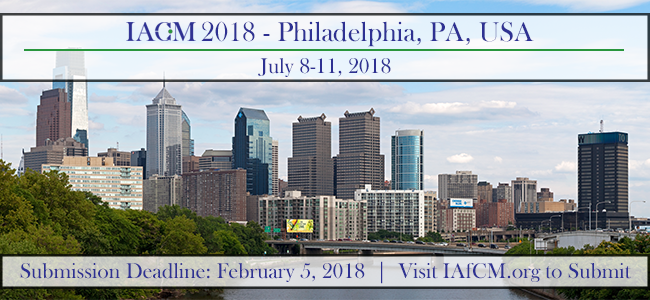IACM 2018 Abstract Book »
Veil-of-Ignorance Reasoning Increases Utilitarian Judgment
Deciding from behind a “veil of ignorance” could promote impartial decision-making by blinding the decision maker to information about who will benefit most or least from the available options. Does veil-of-ignorance reasoning influence moral judgment? And if so, how? Across five experiments (n = 5,394), two pre-registered, we find consistent evidence that veil-of-ignorance reasoning increases utilitarian choices, maximizing collective welfare. People who first engaged in veil-of-ignorance reasoning later made more utilitarian choices in a trolley dilemma (Study 1), a medical dilemma (Study 2), a real charity donation (Study 3), and a policy decision concerning the social dilemma of autonomous vehicles (Studies 2 and 4). We provide evidence against a simple anchoring account of these effects (Study 4) and identify an important boundary condition on generalizability (Study 5). These findings may help leaders use veil-of-ignorance reasoning to promote and justify policies that are more impartial and socially beneficial.
